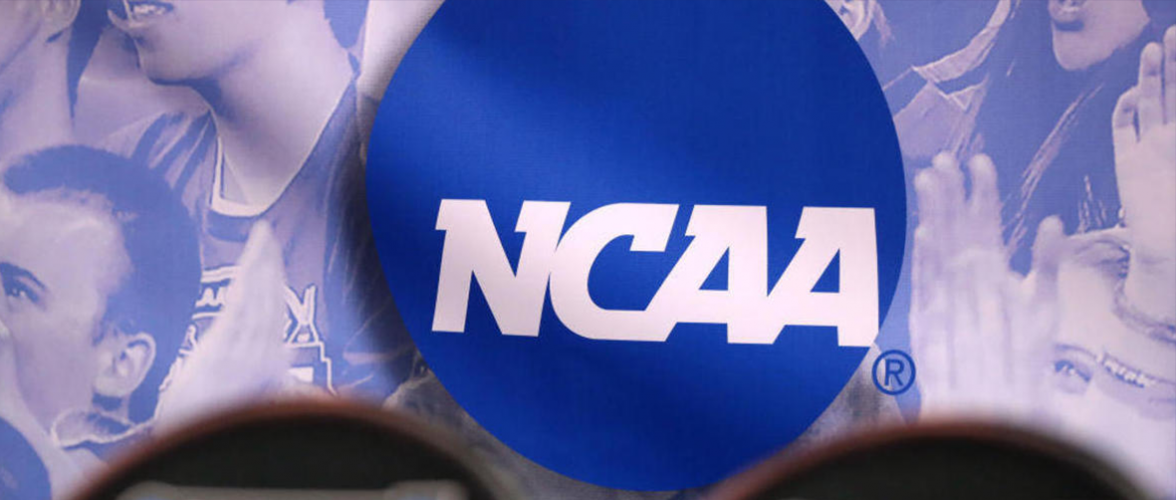Leading reputation strategy firm’s survey points to belief the NCAA puts its own interests ahead of student athletes.
WASHINGTON, D.C. (Nov. 10) – New research from Purple Strategies, a leading reputation management and advocacy firm, indicates the NCAA – despite its recent decision to allow athletes to profit from their name, image and likeness – remains vulnerable to criticism it won’t do what’s best for student athletes. Purple’s findings are drawn from a poll conducted October 5-6, 2019, with 1,008 members of the informed public (defined as adults 18+ who follow the news regularly) in the U.S.
Among the most troubling findings for the NCAA, 59% of those aware of the California legislation believe the NCAA will do anything to maintain its power, even if it means hurting student athletes. That is 36 points higher than those who believe that the NCAA would sacrifice its own power for the good of student athletes, and nearly double compared to those who aren’t familiar with the legislation.
“Once there is perceived evidence that an organization’s motives no longer align with its mission, we often see a rapid decline in the public seeing that organization as indispensable. While the NCAA has taken a positive first step in indicating it is open to change, the findings in our study points to a perceived willingness on the part of the NCAA to put its own power over the good of student athletes,” said Robert Fronk, Managing Director of Reputation Strategy at Purple.
Today, people hold institutions to higher standards, and they expect no less from companies and organizations than from individuals. They require that actions match words, and if an organization is not perceived as part of the solution, it can be cast as part of the problem. Purple’s polling indicates the NCAA finds itself facing exactly that kind of public opinion challenge: those aware of the California legislation see the NCAA as part of the problem (49%) rather than the solution to issues facing college athletics (32%).
On the topic of paying collegiate athletes, Purple’s findings showed the informed public favors paying them (55% strongly/somewhat agree college players should be paid, versus 36% who strongly/somewhat disagree), though the gap narrows among those who feel most strongly: 26% strongly agree college players should be paid; 19% strongly disagree that collegiate athletes should be paid. These data suggest opinions can still move on the topic of paying college athletes.
“Whether student athletes should be paid is still very much an open debate, but people don’t believe the NCAA is a credible voice in finding the best path forward,” said Denise Brien, Managing Director of Insight Operations at Purple, “And while the NCAA has signaled its support for changes, it’s still unclear what those actions in support of student athletes will be.”
The NCAA has withstood headwinds in the past partly because people couldn’t imagine a future without them. The California legislation, along with that proposed in other states, has the potential to be a serious turning point, with more people thinking the NCAA’s best days are behind them than ahead of them.
“When people question the purpose of any brand or organization, as they are here with the NCAA, you can’t just tell your story differently or louder. You need to change the way you do business,” noted Brien. “Beyond saying it is embracing change, the NCAA will need to make decisions that fundamentally alter how it does business or risk further public opinion backlash and potential action from the nation’s policymakers.”


 When Corporate Affairs Thinks Like Campaigns
When Corporate Affairs Thinks Like Campaigns  Purple Strategies Adds Advisory Board of Seasoned Cross-Sect...
Purple Strategies Adds Advisory Board of Seasoned Cross-Sect...  Six Months In: What Trump Has Taught Us (So Far)
Six Months In: What Trump Has Taught Us (So Far)  What does corporate leadership look like in a divided nation?
What does corporate leadership look like in a divided nation?